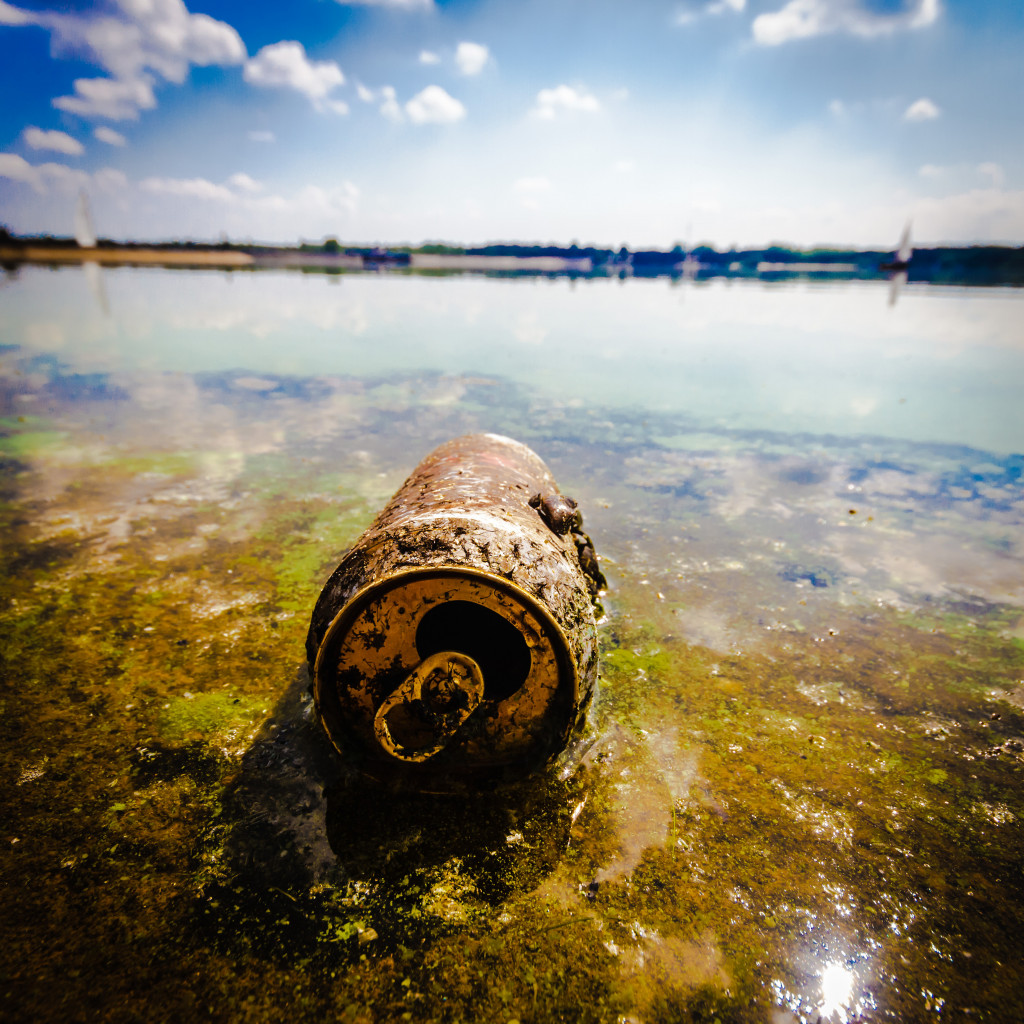- Water contamination in the U.S. is a serious issue, impacting businesses with health risks and infrastructure damage.
- Businesses face reputational harm, regulatory compliance issues, and increased costs due to water contamination.
- Proactive steps such as employee training and regular water testing can prevent contamination.
- Investment in high-quality water filtration systems is a key strategy to reduce the risk of contamination.
- Educating about water contamination and taking appropriate measures is vital for the well-being of all businesses.
Water contamination is an issue that affects not only individuals and households but also businesses of all sizes. However, it’s an issue that’s not often given the attention it deserves. Whether you own a small or large business, it’s essential to understand how water contamination can affect your business. Here’s what you need to know about water contamination in the U.S., how it can affect your business, and how to prevent it.
Water Contamination in The U.S.
It’s estimated that half of the U.S.’s tap water contains forever chemicals, which are chemicals that don’t break down in the environment and can have adverse effects on human health. These chemicals include perfluoroalkyl and polyfluoroalkyl substances (PFAS) and have been linked to cancer, thyroid disease, and other health issues. Industrial pollution is also a significant contributor to water contamination in the U.S., with factories and manufacturing plants releasing harmful chemicals and pollutants into water sources.
How Water Contamination Can Affect Your Business
As a business owner, you may not realize the impact that water contamination can have on your operations. Here are some ways it can affect your business:
1. Health Risks for Employees and Customers
Water contamination can pose significant health risks to employees and customers who may come into contact with it. When employees and customers become sick, this can lead to lost productivity and revenue for your business. It can even lead to legal action against your business in severe cases.

2. Damage to Equipment and Infrastructure
Water contamination can deteriorate equipment and infrastructure in your business, leading to costly repairs or replacements. Corrosive chemicals, for example, may cause damage to your plumbing systems, and water-borne bacteria can accumulate on fixtures, creating an unpleasant working environment.
3. Negative Impact on Reputation
Water contamination can also hurt your business’s reputation. Customers will likely avoid your business if there are concerns about the water quality you use or distribute. This can ultimately lead to lost revenue and difficulty gaining new customers. A negative reputation is challenging to overcome, and taking steps to prevent it is essential.
4. Regulatory Compliance Issues
Businesses of all sizes must comply with various regulations regarding the water quality they distribute or use. Failure to comply with these regulations can result in fines, legal action, and damage to your business’s reputation. It’s vital to understand the regulations you must follow and take steps to ensure you comply.
5. Increased Costs
Dealing with water contamination can be an expensive process. For example, testing water for contaminants, repairing damaged infrastructure and equipment, and upgrading your water filtration systems incur significant costs. These additional expenses can strain your business’s finances and impact your bottom line.
How to Prevent Water Contamination
Preventing water contamination should be a priority for all businesses. Here are some steps you can take to reduce the risk of water contamination in your business operations:
Get an SWPPP Inspection
It’s important that your stormwater is checked. A local SWPPP inspector can help you identify potential hazards and develop a stormwater pollution prevention plan to keep your business compliant. This way, you can stay on top of possible pollutants before contaminating your water.

Train Employees
Train your employees on best practices for preventing water contamination. This could include proper disposal of chemicals and wastewater, regular maintenance of equipment, and reporting any potential issues immediately.
Monitor Your Water Sources
Regularly test the water sources in your business to ensure they meet safety standards. Any abnormalities or contaminants should be addressed immediately to prevent further contamination.
Invest in Water Filtration Systems
Investing in high-quality water filtration systems can help remove harmful chemicals and pollutants from your water sources, reducing the risk of contamination.
Water contamination is a serious issue that can have significant impacts on businesses. Understanding the potential risks and taking proactive steps to prevent contamination in your business operations is essential. Doing so can protect your employees’ and customers’ health and safety, maintain a good reputation, and avoid costly compliance issues and expenses. So, businesses of all sizes must educate themselves on this issue and take appropriate measures to prevent water contamination.


